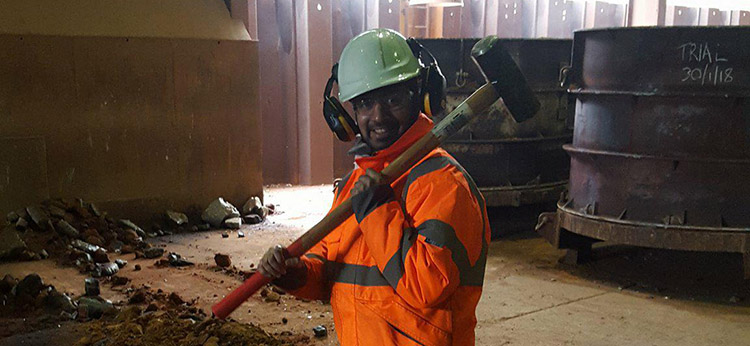Course Overview
Studying a Chemical Engineering degree provides expert training in modern process engineering, developing analytical and problem-solving skills critical to the application of engineering to industry.
Chemical engineers work closely with processes that turn raw materials into valuable products for human use. Their skills ensure that natural resources are used sustainably, and the disposal of by-products is conducted in a safe and environmentally-friendly manner.
This professionally accredited degree course provides knowledge and skills across the full spectrum of chemical engineering topics, allowing you to keep your career options open.
As you progress, your growing analytical abilities will combine with hands-on experience, establishing skills which are vital to securing employment in the chemical engineering industry.



